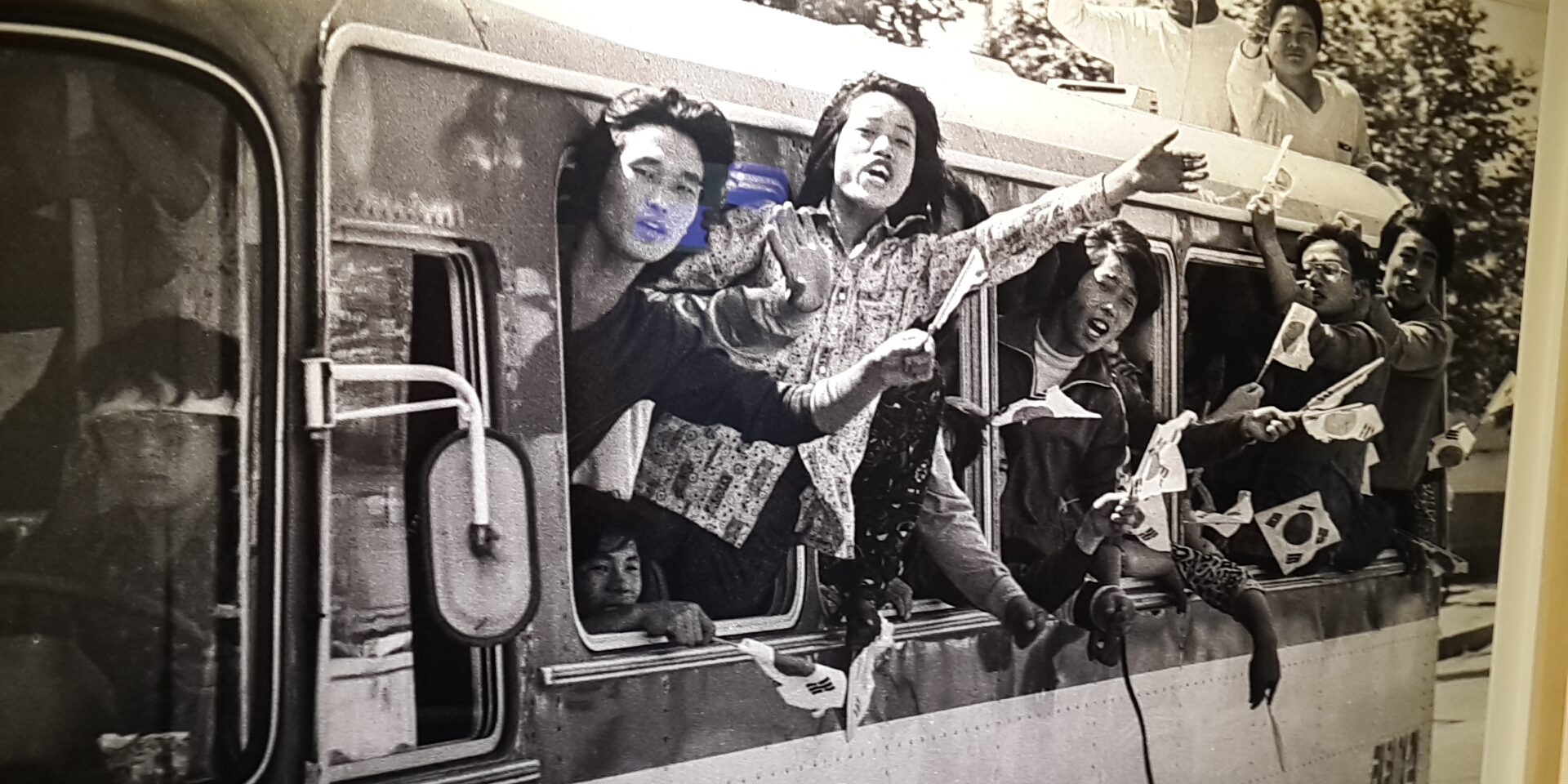Forty years ago, when South Korea’s political situation began to return to dictatorship, and from May 18 to 27, 1980, citizens fought against military dictatorship in Gwangju. Resistance to Then-security commander Chun Doo-hwan’s military forces has led to the death of many people, which has become an international issue and hurt many people’s lives.
This began in October 1979 when President Park Chung-hee was assassinated by his own head of Korean Central Intelligence Agency. This is the case in which South Korea declared martial law. Since May 18, 1980, students and ordinary citizens in Gwangju have participated in organized demonstrations against the military government while the military regime dispatched military forces to various parts of the country. Protesters gathered quickly, and then-security commander Chun Doo-hwan sent tanks, helicopters, and 2nd Battalion Airborne Brigades to suppress protesters. As mentioned above, Gwangju is considered the most brutal case of government suppression in modern Korean history.
The New Military Forces such as Chun Doo-hwan, who mercilessly massacred citizens, tried to mislead the people and justify themselves with the term ‘Gwangju Incident’. However, the Gwangju Uprising symbolizes the spirit of resistance to military rule, desire for democracy and freedom, and self-control in turbulent times. The Uprising is also called the ‘Gwangju Massacre’ because so many citizens were sacrificed at that time, and it is also called the ‘May 18 Gwangju Democratic Resistance’ because the citizens fought against the military regime. Due to Gwangju citizens’ numerous sacrifices, the Korean society could overcome the importance of democracy for the first time in Korea and actively fought for it to create Korea today.
Written by: Soo Min Kim
Originally from Honolulu, Hawaii. Current 4th year university student, Candidate for a Bachelor of Arts in Korean Language Flagship and Second Language Studies at the University of Hawai’i at Mānoa, Exchange student at Korea University and Intern at VANK (Voluntary Agency Network of Korea)
